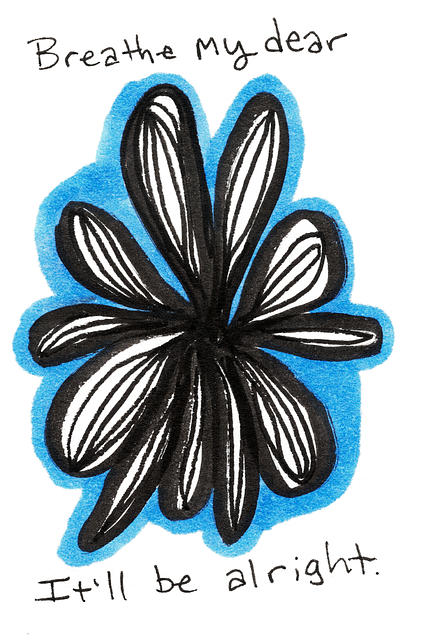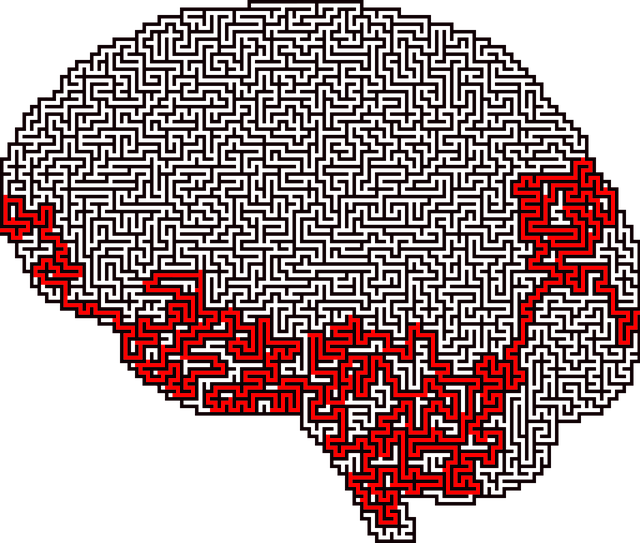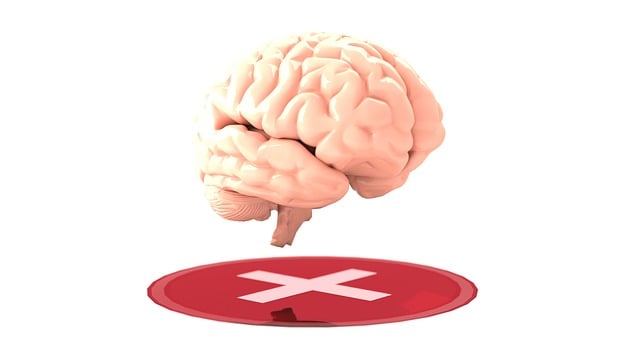Wheat Ridge Cognitive Behavioral Therapy (CBT) is an effective approach to treat depression by addressing negative thought patterns and providing practical coping strategies. CBT forms the basis for mental wellness coaching programs, offering structured sessions for emotional insight and self-esteem development. This holistic method encourages lifestyle changes, keeps mental health journals, and promotes open conversations to build support networks, all vital for preventing depression and fostering mental wellness.
Depression is a prevalent yet manageable condition. If you’re seeking ways to prevent and combat depression, this article is your guide. We explore essential strategies, from recognizing early signs and symptoms to powerful therapeutic approaches like Wheat Ridge Cognitive Behavioral Therapy (WRCBT). Discover the impact of lifestyle adjustments, the importance of social connections, and how building a supportive network can significantly enhance mental well-being.
- Understanding Depression: Recognizing the Red Flags
- Wheat Ridge Cognitive Behavioral Therapy: A Powerful Tool
- Lifestyle Changes for Improved Mental Health
- Building a Supportive Network: Reaching Out and Connecting
Understanding Depression: Recognizing the Red Flags

Depression is a complex mental health condition that significantly impacts an individual’s daily life and well-being. Recognizing the signs and symptoms early on is crucial in preventing and managing depression effectively. The good news is, with the right tools and support, individuals can develop coping skills to enhance their mental wellness.
Wheat Ridge Cognitive Behavioral Therapy (CBT) has proven to be an invaluable approach in identifying and challenging negative thought patterns and behaviors associated with depression. By focusing on the present and teaching practical strategies for changing unhelpful thinking, CBT empowers individuals to take control of their mental health. Additionally, integrating Positive Thinking techniques into daily routines can shift one’s perspective, fostering a sense of optimism and resilience. Through Mental Wellness Coaching Programs, individuals can further develop these coping skills, learn stress management techniques, and cultivate a stronger connection with their emotional well-being.
Wheat Ridge Cognitive Behavioral Therapy: A Powerful Tool

Wheat Ridge Cognitive Behavioral Therapy (CBT) has emerged as a powerful tool in the arsenal against depression. This evidence-based approach focuses on identifying and changing negative thought patterns and behaviors that contribute to depressive symptoms. By helping individuals challenge and reframe these unhelpful thoughts, CBT empowers them to develop healthier coping mechanisms and improve their overall mental wellness.
The effectiveness of Wheat Ridge CBT lies not only in its ability to alleviate depression but also in its potential for mental wellness coaching programs development. Through structured sessions, clients gain insights into their emotional responses and learn techniques to enhance self-esteem improvement. This process enables them to navigate life’s challenges more adaptively, fostering resilience and promoting sustained mental health.
Lifestyle Changes for Improved Mental Health

Incorporating lifestyle changes is a powerful tool for enhancing mental health and preventing depression. Regular physical activity, a balanced diet rich in nutrients, and sufficient sleep are foundational elements that can significantly impact overall well-being. Exercise, in particular, has been shown to boost mood and reduce symptoms of depression through the release of endorphins and neurochemicals that promote feelings of calm and happiness.
Wheat Ridge Cognitive Behavioral Therapy (CBT) offers effective guidance for managing mental health concerns. CBT focuses on identifying and changing negative thought patterns and behaviors, teaching individuals practical coping strategies to navigate life’s challenges. Alongside therapy, keeping a Mental Wellness Journal can serve as an invaluable tool for self-reflection and tracking progress. Regular journaling encourages awareness of one’s emotions, thoughts, and behaviors, fostering a deeper understanding of personal triggers and coping mechanisms. This practice combines with Crisis Intervention Guidance to empower individuals in managing acute stress or suicidal ideation until professional help arrives.
Building a Supportive Network: Reaching Out and Connecting

Building a strong support network is an integral part of depression prevention strategies. Reaching out and connecting with others can provide much-needed emotional support and a sense of belonging. This doesn’t have to be limited to close friends and family; joining support groups or communities centered around shared interests can also foster meaningful connections. Wheat Ridge Cognitive Behavioral Therapy (WRCBT) emphasizes the power of social connections in promoting mental wellness. By engaging in open conversations, sharing experiences, and offering guidance, individuals can cultivate a positive thinking mindset, which is crucial in preventing depressive episodes.
Encouraging practices like journaling and mindfulness exercises can further enhance this process. A Mental Wellness Journaling Exercise Guidance from WRCBT suggests reflecting on one’s feelings, thoughts, and interactions daily. This habit not only improves self-awareness but also provides a safe space to express emotions. Additionally, engaging in activities that bring joy and relaxation, such as hobbies or spending time in nature, can contribute to overall depression prevention efforts.
Depression prevention is a multifaceted approach, from recognizing red flags early on to implementing effective strategies like Wheat Ridge Cognitive Behavioral Therapy. By adopting lifestyle changes, building a supportive network, and accessing professional help when needed, individuals can significantly enhance their mental well-being and create a more resilient foundation against depressive episodes. Remember, taking proactive steps towards mental health is crucial for navigating life’s challenges with greater ease.














